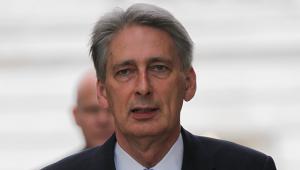By Richard Johnstone | 24 May 2013
The two separate National Insurance rates paid by self-employed people act as an ‘open invitation’ for tax avoidance and should be scrapped, the CentreForum think-tank said today.
Self-employed people currently pay a £140.40 flat rate (schedule 2) and an earnings related percentage (schedule 4). This is charged at 9% rather than at the 12% paid by salaried workers, while there is no equivalent of the employer national insurance charge.
CentreForum said the lower rate costs as much as £2.3bn a year. The flat rate also places an extra administrative burden on Revenue & Customs. The think-tank recommends scrapping the flat rate and increasing the rates to match those paid by employees.
This would raise enough to give ‘ordinary workers’ a £110 tax break, the think-tank's report said.
Ending the self-employment tax break added that although this would raise more tax from the self-employed as a group, the bottom half of earners would actually pay less.
The change will address what has been called ‘a huge open invitation to tax avoidance’ by Paul Johnson, the director of the Institute for Fiscal Studies.
CentreForum also highlighted that, under the current arrangements, self-employed people will benefit from the introduction of the single-tier state pension, receiving the same £144 flat payment despite paying less in National Insurance.
Report author Adam Corlett said this strengthened the case for reform.
‘There is no good justification for the self-employment tax break. The tax system should treat employees and the self-employed equally,’ he added. ‘National insurance should also be made simpler and fairer by scrapping the regressive self-employment poll tax.’





















